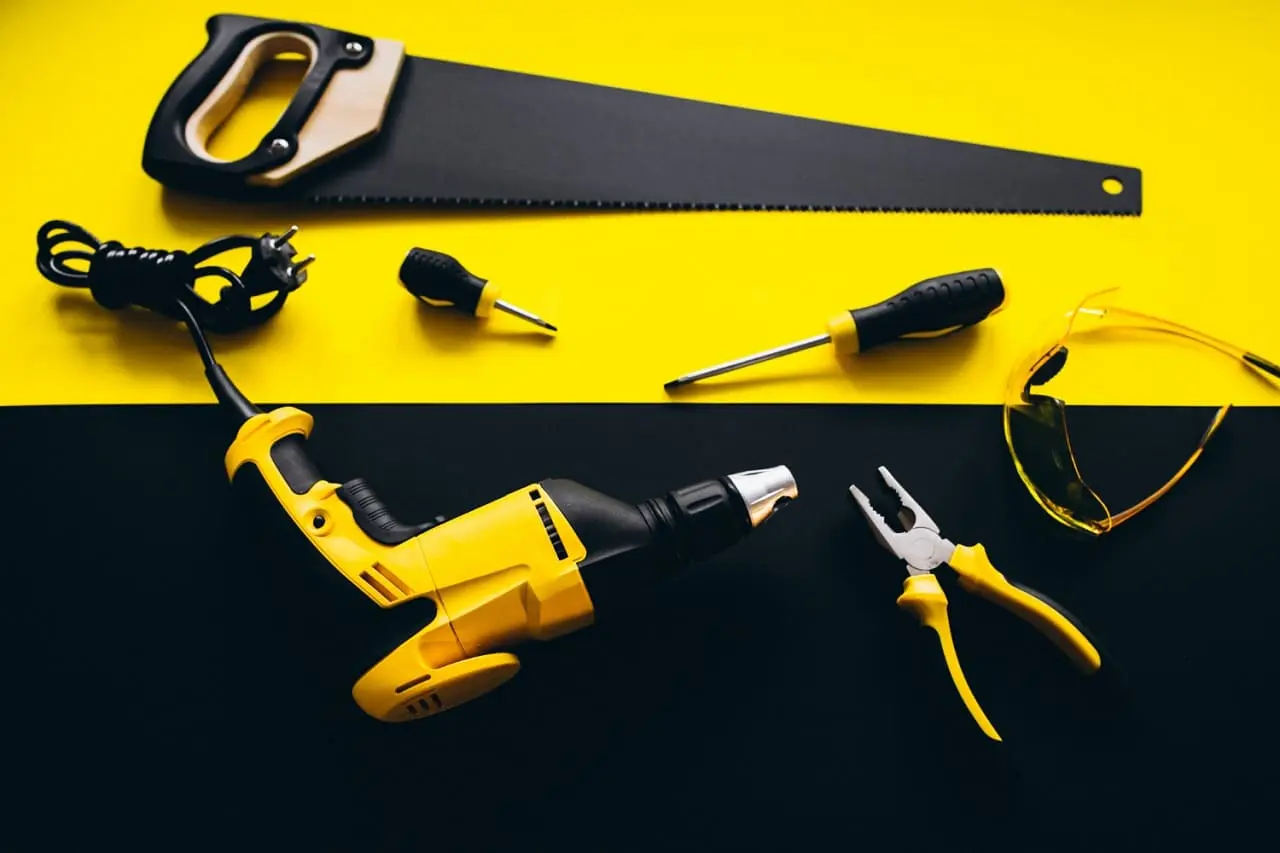Difference Between Power Tool and Hand Tools
Introduction
In the realm of tools, two distinct categories dominate the landscape: power tools and hand tools. Each has its own set of advantages, disadvantages, and specific applications. The choice between these two types of tools often depends on the nature of the task at hand, the user’s skill level, and the desired outcome. This comprehensive summary delves into the fundamental differences between power tools and hand tools, shedding light on their unique characteristics and the scenarios in which they excel.
You will be interested on: Buy Hitachi G23SR 230mm Angle Grinder
Power Tools
Power tools, as the name suggests, derive their energy from an external power source, such as electricity, batteries, or compressed air. These tools are known for their efficiency, speed, and the ability to handle heavy-duty tasks. Some common examples include electric drills, circular saws, and pneumatic nail guns.
Keep Reading: Buy G23SR 230mm 2000W Angle Grinder 110V
Advantages of Power Tools
Efficiency and Speed: Power tools are designed to expedite tasks and increase productivity. Their motorized components enable rapid execution of various tasks, making them indispensable in professional settings.
Versatility: Power tools come in a wide range of types and configurations, allowing users to tackle diverse applications with ease. From cutting and drilling to sanding and shaping, power tools offer versatility across different trades.
Keep Reading: Buy Black & Decker BPPT600 600-Watt Variable Speed Blower & Vacuum Cleaner 2 Tools in 1
Precision and Consistency: Many power tools feature advanced technology and built-in mechanisms that ensure precise and consistent results. This is especially beneficial for tasks requiring accuracy and repeatability.
Handling Heavy Materials: Power tools excel at handling heavy-duty materials. Whether it’s cutting through thick wood or drilling into concrete, power tools provide the necessary force to complete challenging tasks.
You will be interested on: Maktec Drill Machine, MT607, 450W, 10MM
Disadvantages of Power Tools
Cost: Power tools tend to be more expensive than their hand tool counterparts. The initial investment can be a barrier for individuals or hobbyists with budget constraints.
Keep Reading: 480W Variable Speed Pendulum Jigsaw
Complexity: Some power tools come with a learning curve, requiring users to familiarize themselves with various settings and safety precautions. This complexity can be intimidating for beginners.
Dependency on Power Sources: Power tools rely on a continuous power supply, which can be limiting in remote locations or during power outages. Cordless versions address this issue to some extent, but they require regular recharging.
You will be interested on: Buy Crown Electric Drill 400 W-CT10070
Hand Tools
Hand tools, on the other hand, are operated solely by human effort. They have been a staple in craftsmanship for centuries and include a vast array of tools such as hammers, screwdrivers, pliers, and hand saws.
Keep Reading: Buy Maktec MT814 Hammer Drill [710w] [16mm] [5/8”]
Advantages of Hand Tools
Cost-Effective: Hand tools are generally more affordable than power tools. This makes them accessible to a broader range of users, including DIY enthusiasts and those on a budget.
Portability: Hand tools are inherently portable, requiring no external power source. This makes them ideal for tasks in remote locations or situations where power tools may be impractical.
Keep Reading: Buy Black & Decker Bpxh2000 2000W Heat Gun / Hot Air Gun With Variable Heat Control
Simplicity: Hand tools are straightforward to use and typically have fewer components. This simplicity makes them user-friendly, especially for individuals new to the world of tools.
Skill Development: Using hand tools often involves a greater degree of skill and precision on the part of the user. This can lead to a deeper understanding of the craft and enhanced craftsmanship over time.
You will be interested on: Buy Maktec Cordless Percussion Drill/Driver, MT080, 14.4V, 14000 RPM, 10MM
Disadvantages of Hand Tools
Manual Labor: Hand tools rely entirely on the physical effort of the user. This can be tiring for prolonged tasks and may limit the speed at which work is accomplished.
Limited Power: Hand tools may struggle with tasks requiring significant force or dealing with hard materials. They might not be the best choice for heavy-duty applications.
Time-Consuming: Hand tools, in some cases, can be slower than power tools, leading to increased time and effort for certain tasks.
You will be interested on: HITACHI – DS14DVC Electric Corded Oscillating Tools
Conclusion
In conclusion, the choice between power tools and hand tools ultimately depends on the nature of the job, the user’s skill level, and specific requirements. While power tools offer efficiency, speed, and the ability to tackle heavy-duty tasks, hand tools are cost-effective, portable, and contribute to skill development. A judicious selection based on the task at hand will ensure optimal results, blending the advantages of both power and hand tools in a harmonious approach to craftsmanship.







